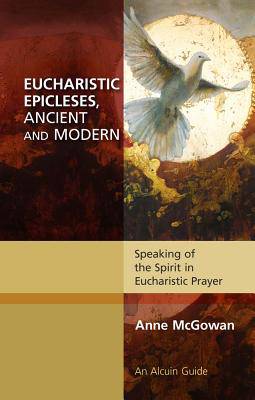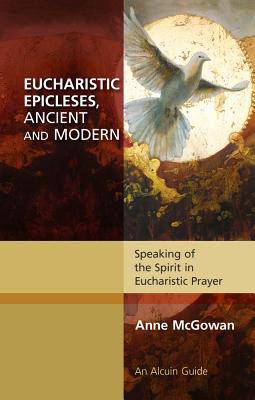
- Afhalen na 1 uur in een winkel met voorraad
- Gratis thuislevering in België vanaf € 30
- Ruim aanbod met 7 miljoen producten
- Afhalen na 1 uur in een winkel met voorraad
- Gratis thuislevering in België vanaf € 30
- Ruim aanbod met 7 miljoen producten
Zoeken
€ 48,45
+ 96 punten
Uitvoering
Omschrijving
The past several decades have witnessed a shift in the approach to the Spirit. Since the mid 1960s, scholarly attention has been focused on the role of the Holy Spirit in the modern -- and now increasingly postmodern and 'post-Christian' -- world: first, there has been a resurgence of interest in the pneumatology of past eras; second, studies of the Spirit from a Pentecostal and Charismatic perspective have entered the mainstream of contemporary theological discussion and scholarship; third, interest in the Spirit has intersected with feminist, liberationist, ecological, global and interfaith concerns, among others, to produce a multitude of new constructive theological proposals in which the Spirit plays a prominent part.Now it is time to give attention to the liturgical role of the Spirit and the study of worship as a site of the Spirit's presence and work -- an approach that is thoroughly and expertly discussed in Eucharistic Epicleses.
Specificaties
Betrokkenen
- Auteur(s):
- Uitgeverij:
Inhoud
- Aantal bladzijden:
- 312
- Taal:
- Engels
Eigenschappen
- Productcode (EAN):
- 9780814663158
- Verschijningsdatum:
- 22/07/2014
- Uitvoering:
- Paperback
- Formaat:
- Trade paperback (VS)
- Afmetingen:
- 137 mm x 213 mm
- Gewicht:
- 408 g

Alleen bij Standaard Boekhandel
+ 96 punten op je klantenkaart van Standaard Boekhandel
Beoordelingen
We publiceren alleen reviews die voldoen aan de voorwaarden voor reviews. Bekijk onze voorwaarden voor reviews.











